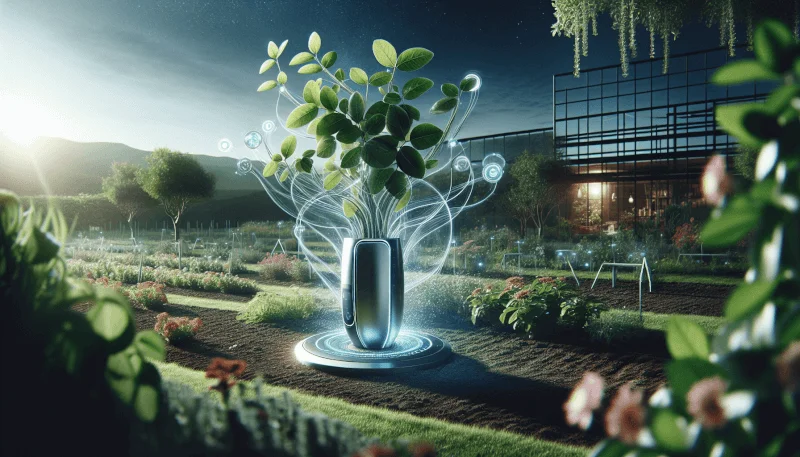Gardening can be a surprisingly impactful activity for the planet. By embracing smarter, eco-friendly tools, you can cultivate a thriving garden while reducing your carbon footprint. Here’s how modern gardening tools and techniques are transforming sustainability efforts.
Why Choose Smart Gardening Tools?
Traditional gardening often relies on gas-powered tools and synthetic fertilizers, both of which significantly contribute to greenhouse gas emissions. Modern alternatives focus on sustainability through:
- Electric and Battery-Powered Tools: These tools reduce emissions and noise pollution while requiring minimal maintenance compared to gas-powered options. Examples include electric trimmers and battery-operated mowersgardenlessons.com.
- Durable Materials: Opting for tools made from recycled or long-lasting materials reduces waste and conserves resources over timeAudubon.

Top Tools to Minimize Your Carbon Footprint
- Electric Lawn Mowers
Quiet, efficient, and emission-free when powered by renewable energy. They eliminate the need for fossil fuels entirely, aligning perfectly with sustainable gardening goals. - Composting Bins
A must-have for reducing organic waste. Composting enriches the soil naturally, cutting down on the need for synthetic fertilizers, which are notorious for contributing to nitrous oxide emissionsAudubongardenlessons.com. - Smart Irrigation Systems
Water conservation is key in sustainable gardening. Smart irrigation systems monitor soil moisture and weather patterns to deliver water efficiently, reducing wastage and overwateringAudubon. - Hand Tools Over Machines
Simple tools like reel mowers and hand rakes not only cut emissions but also offer an excellent workout. They’re an easy way to manage smaller gardens with minimal environmental impactAudubon.
Hydroponics and Beyond: Exploring Indoor Smart Garden Systems
Practical Tips for Sustainable Gardening
- Kick the Fertilizer Habit: Synthetic fertilizers are major carbon offenders. Opt for organic alternatives or skip them altogether in favor of nutrient-rich compostAudubon.
- Water Wisely: Collect rainwater and use drip irrigation to hydrate plants without overusing water resources.
- Reuse and Recycle: Upcycled planters and tools made from recycled materials reduce waste and bring unique charm to your gardengardenlessons.com.
Making the Shift to Smart Gardening
Adopting sustainable tools and practices is more than a trend—it’s a responsibility. By choosing tools that prioritize efficiency and environmental health, you create a garden that’s not only beautiful but also planet-friendly. Explore battery-powered tools, start composting, and embrace eco-conscious irrigation systems.
Take the first step today—your garden and the Earth will thank you.
Sources:

